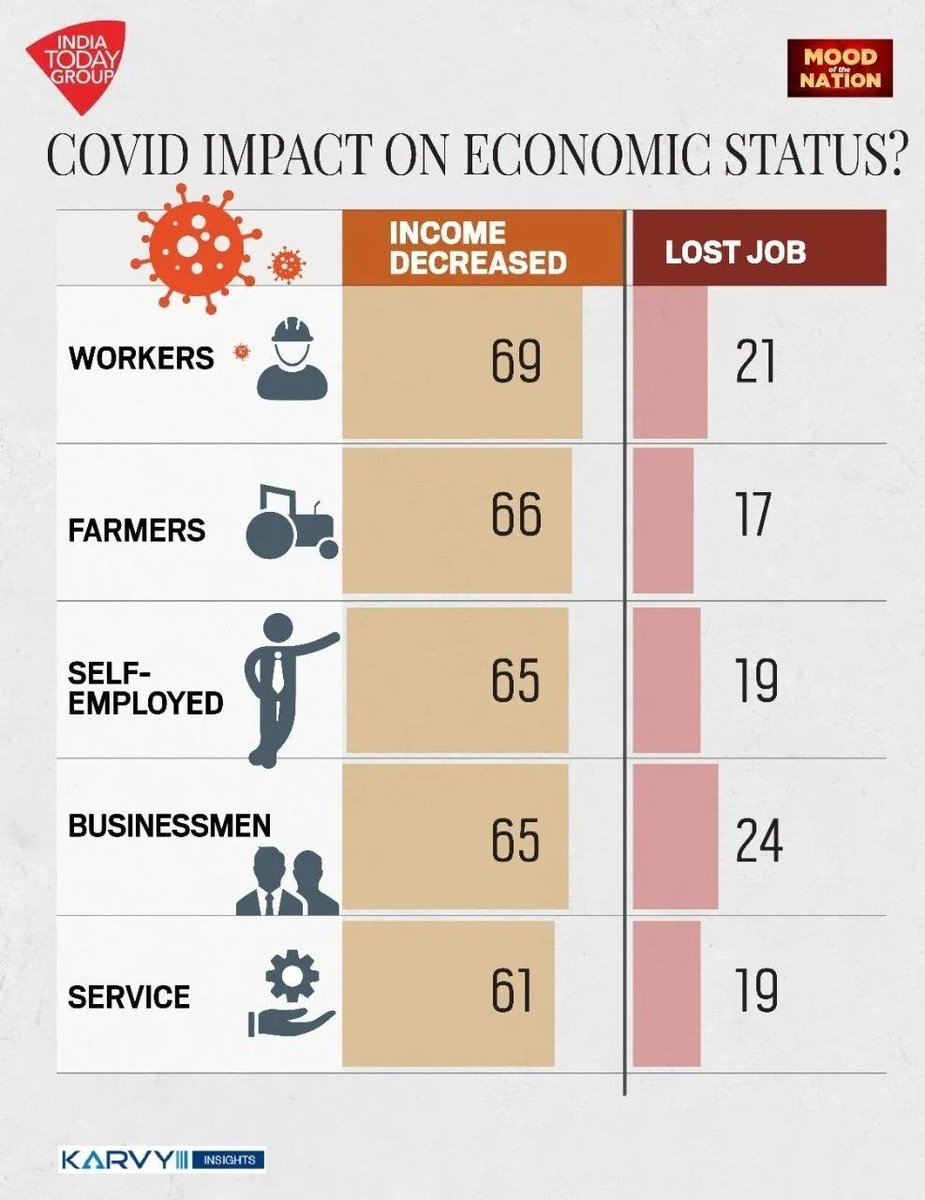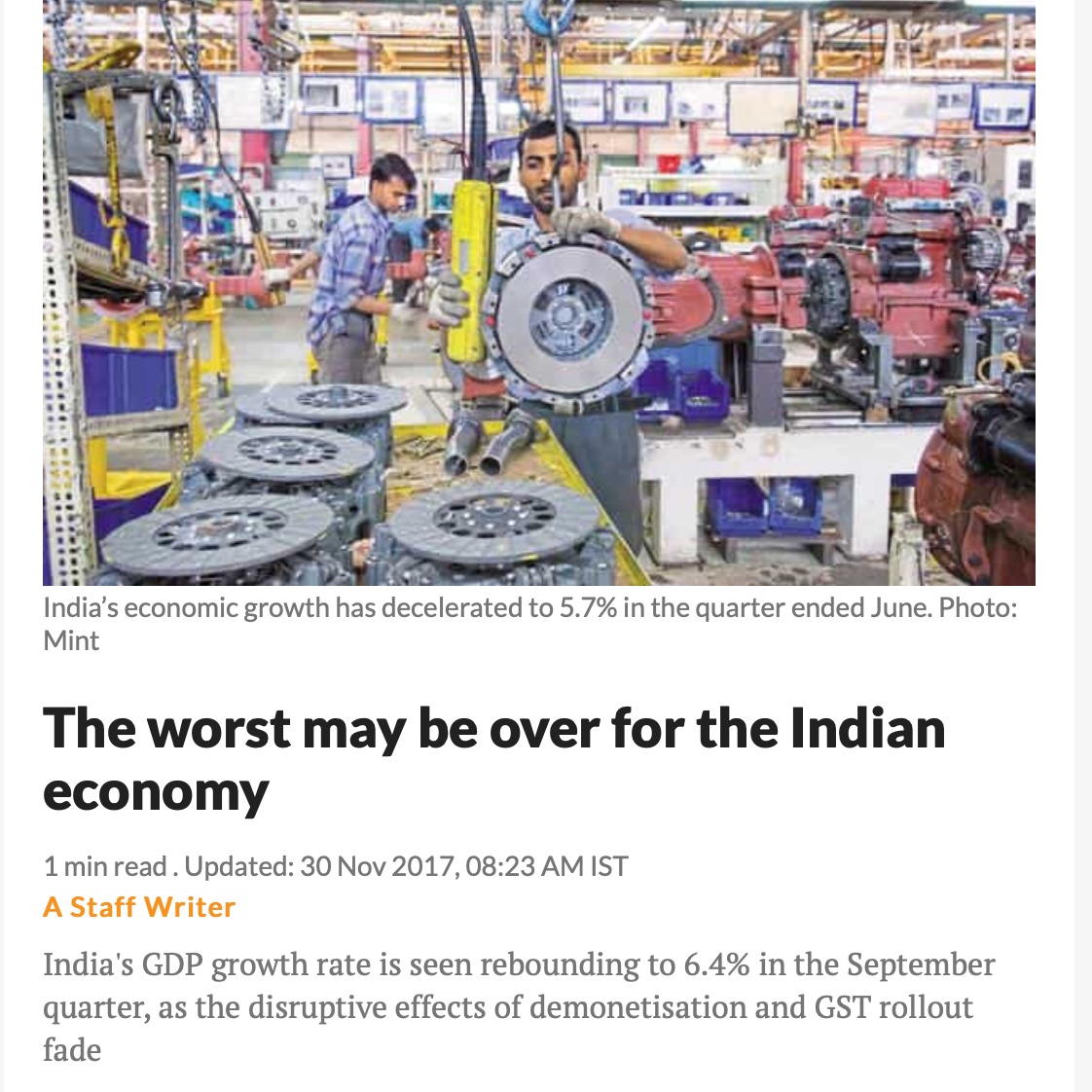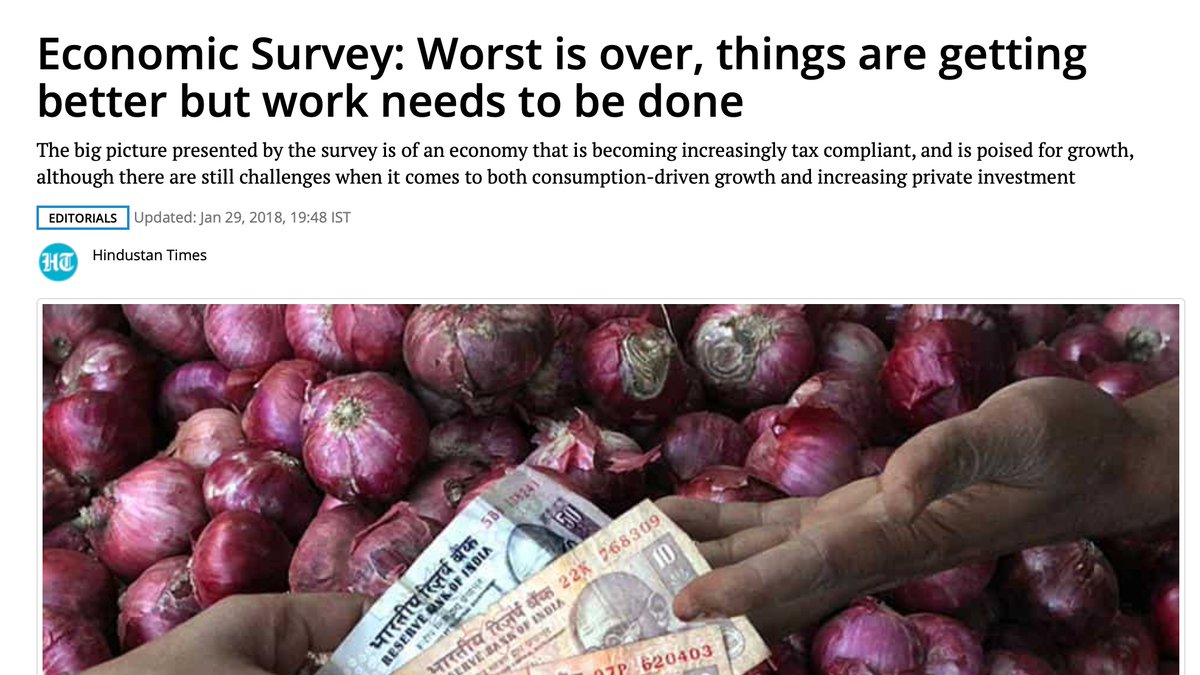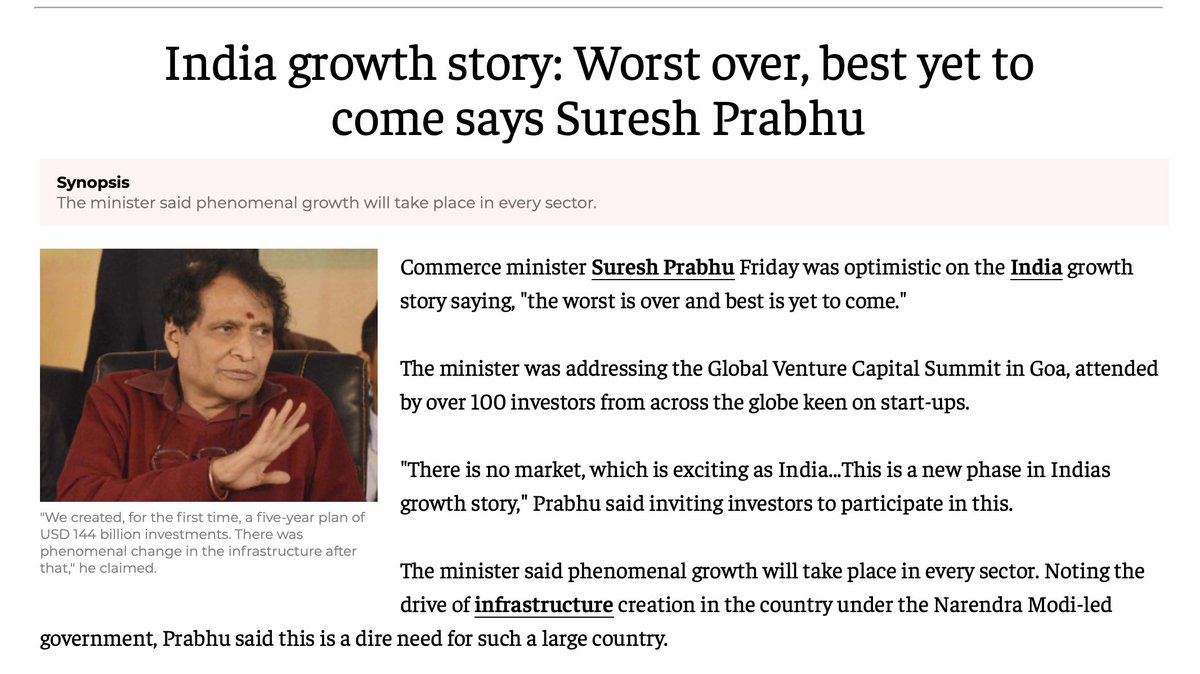
Is India in a neopatrimonial phase?
Bratton and van de Walle described some regimes as "neopatrimonial" with key characteristics being clientelism, strong presidents, and the use of state resources for political legitimation. They also don't allow any political competition.
Bratton and van de Walle described some regimes as "neopatrimonial" with key characteristics being clientelism, strong presidents, and the use of state resources for political legitimation. They also don't allow any political competition.

I know this might seem irrelevant. But unlike a US which has strong institutions, where a journalist can stand up & counter the President in a PC, we have weak institutions and even weaker individuals manning them. Identifying the phase we are in might point us to solutions too.
Sad part is that even our academia is not independent or bold enough to analyse current events from theoretical-historical framework.
How many IIMs/economic schools published their analysis on the impact of demonetisation on our economy?
We dumb ourselves down to Sir sir sir...
How many IIMs/economic schools published their analysis on the impact of demonetisation on our economy?
We dumb ourselves down to Sir sir sir...
Also we need to ponder how did so many weak individuals reach the top of the institutions that they are in currently.
People with strong ideologic biases being there is expected and understandable. But so many weak and vulnerable individuals?
People with strong ideologic biases being there is expected and understandable. But so many weak and vulnerable individuals?
• • •
Missing some Tweet in this thread? You can try to
force a refresh











